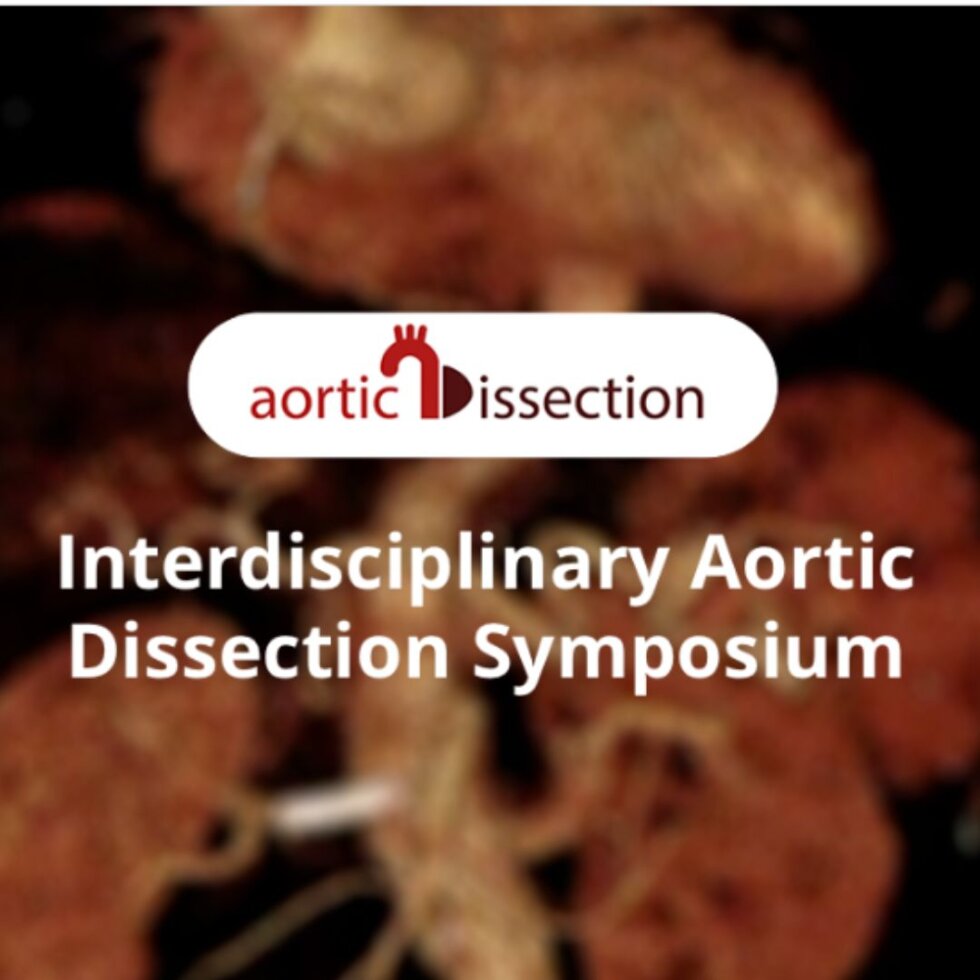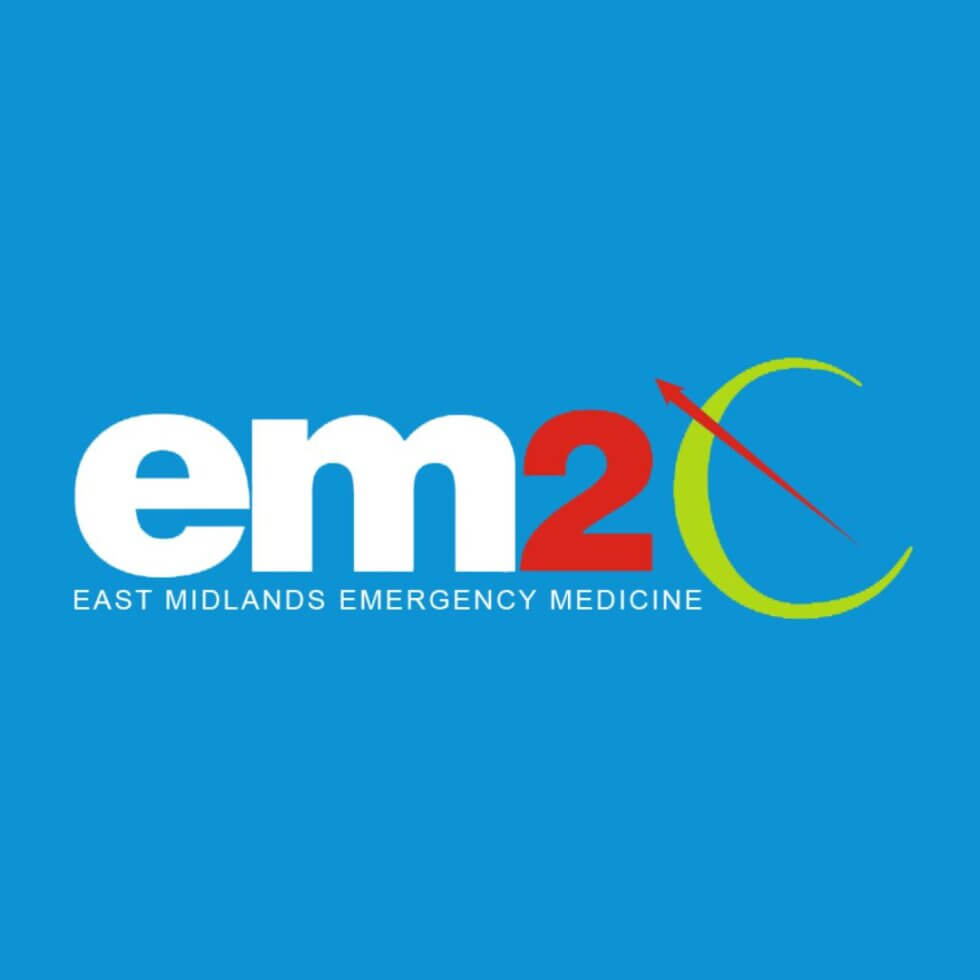Join the NHS Resolution Safety and Learning team as they present valuable insights and data on claims related to the management of aortic dissection. In collaboration with Hull Royal Infirmary, London Ambulance Service, Barts Health, and The Aortic Dissection Charitable Trust, this webinar focuses on patient safety improvements and the latest developments in clinical practices. The discussion will highlight how these improvements are being integrated into systems across the healthcare landscape, leading to better patient outcomes. These insights build on findings and recommendations from NHS Resolution’s report on high-value and fatality-related claims.
The event will feature presentations alongside an interactive panel discussion, making it an engaging session for those looking to improve aortic dissection management in their practice.
Who Should Attend?
This session is designed for emergency responders, emergency services personnel, healthcare managers, clinicians, and professionals involved in primary care, all of whom play a key role in treating aortic dissection.
Agenda
- Welcome and Claims Data Overview
- TADCT: Insights from The Aortic Dissection Charitable Trust
- Hull Royal Infirmary’s Experience: Improving diagnosis and patient outcomes in aortic dissection
- Integrating Ambulance Services with Primary Care: A focus on patient health outcomes
- Whole-System Improvements in North East London (NEL): How coordinated care is transforming patient outcomes
- Panel Discussion and Q&A with Audience
Speakers
- Justine Sharpe, Safety and Learning Lead, NHS Resolution
- Catherine Fowler, Trustee, The Aortic Dissection Charitable Trust
- Dr Augustine Smithies, Consultant Emergency Physician, Hull University Teaching Hospitals NHS Trust
- Dr Johra Alam, Clinical Director for Integrated Urgent and Emergency Care
- Prof Aung Ye Oo, Consultant Cardiothoracic Surgeon, Barts Health NHS Trust
- Dr Anwar Khan, Senior Clinical Advisor, NHS Resolution
High-Risk Claims: Emergency Medicine in Focus
Emergency Medicine consistently sees some of the highest numbers of new claims each year, many linked to delayed or missed diagnoses. The resulting impact on patients and their families, as well as the strain on healthcare professionals, highlights the importance of learning from these claims. With demand for emergency care continuing to rise, learning from claims is critical in improving patient safety and reducing harm.
About NHS Resolution
NHS Resolution provides expert support to the NHS in resolving claims and disputes fairly, ensuring that lessons are learned and resources are preserved for patient care. The organisation is notified of approximately 11,000 clinical negligence claims annually, representing a significant cost to the NHS, alongside the personal cost to patients affected by delayed or missed diagnoses. Aortic diseases, including dissection and ruptured abdominal aortic aneurysms, are among the most serious conditions associated with missed diagnosis claims.
Through its Safety and Learning service, NHS Resolution works to help its members understand claim risks and enhance patient safety, ensuring that learnings are shared across the NHS. Recent discussions on aortic dissection have also featured in the NHS Resolution podcast, including contributions from experts involved with the Getting It Right First Time (GIRFT) initiative, a national programme focused on improving care through data-led reviews.




